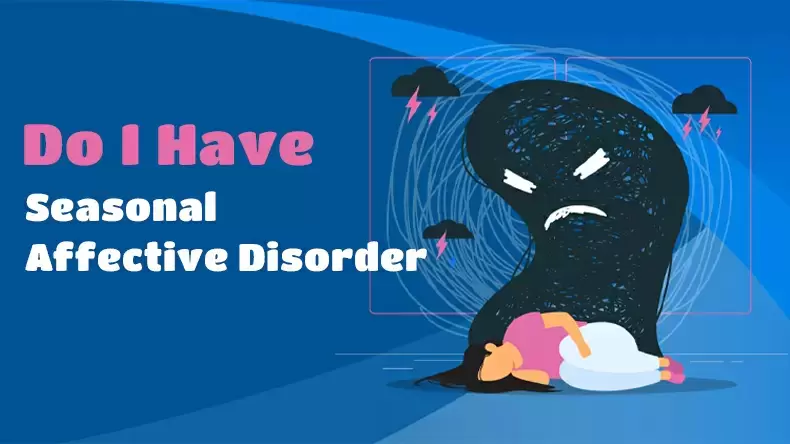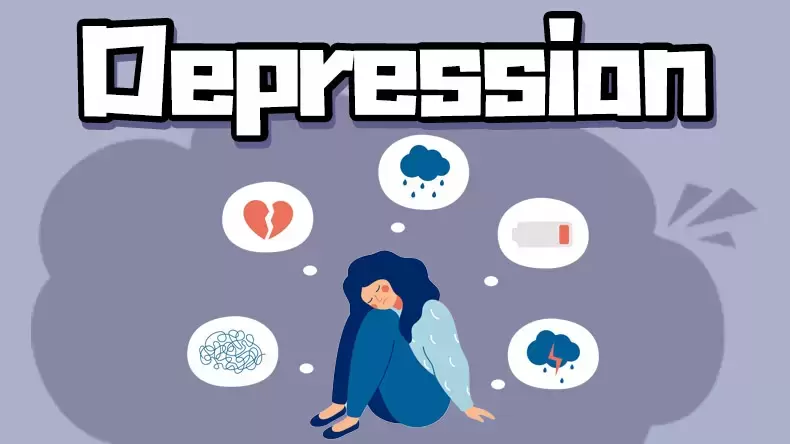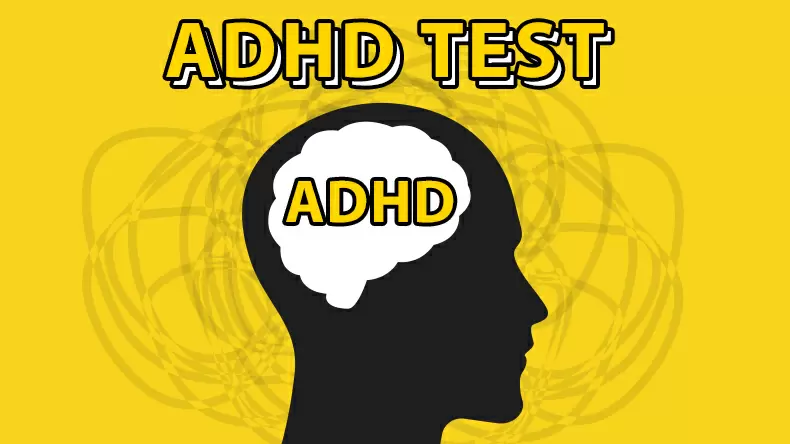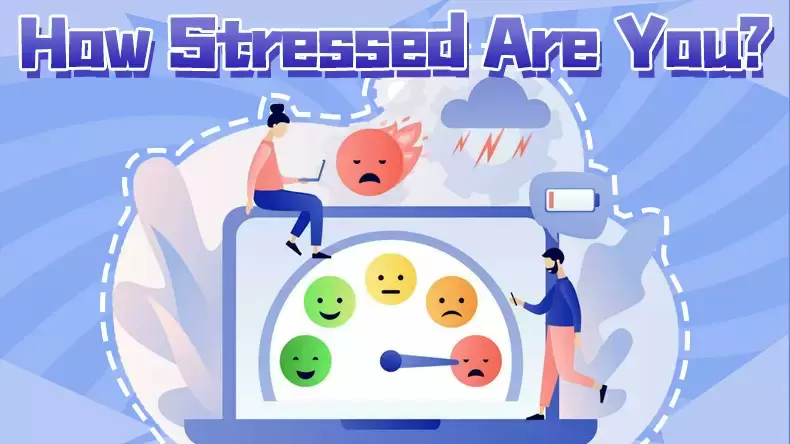Which LE SSERAFIM Member Are You? Quiz
Are you feeling down, lacking energy, or experiencing changes in your mood? If so, you may be interested in taking our SAD Test. Seasonal Affective Disorder (SAD) is a common condition that affects people during certain times of the year, typically in the fall and winter months. If you're curious about whether you might be experiencing SAD, our test can help you gain insights into your symptoms and provide guidance on seeking appropriate support. Remember, understanding your mental health is an essential step towards overall well-being. Take our SAD Test and take control of your emotional health today. 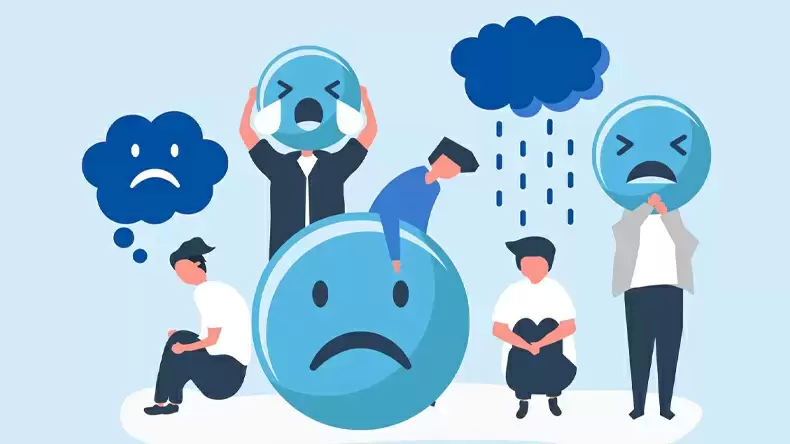
Seasonal Affective Disorder, commonly known as SAD, is a type of depression that follows a seasonal pattern. It typically occurs and recurs at the same time each year, with symptoms starting in the late fall or early winter and subsiding in the spring or summer. SAD is thought to be triggered by the decrease in sunlight during the shorter days of the colder seasons. 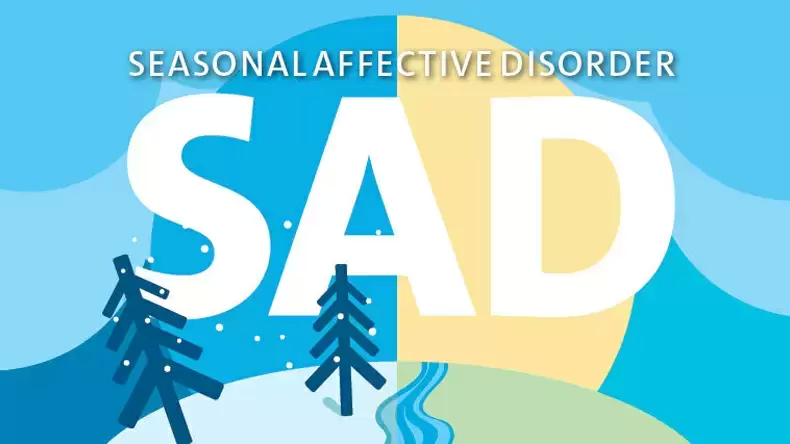
The exact cause of SAD is not fully understood, but it's believed to be related to changes in the body's internal clock, or circadian rhythm, as well as a drop in serotonin levels, a neurotransmitter that affects mood. Reduced exposure to sunlight can disrupt these biological processes, leading to a range of emotional and physical symptoms.
Common symptoms of SAD include persistent feelings of sadness, anxiety, and hopelessness, low energy levels, difficulty concentrating, changes in appetite and weight, sleep disturbances, social withdrawal, and a loss of interest in activities once enjoyed. It's important to note that these symptoms should occur in a seasonal pattern for a diagnosis of SAD.
Fortunately, there are effective treatments for SAD. Light therapy, where individuals are exposed to bright light that mimics natural sunlight, is a common approach. Other treatments may include psychotherapy, medication, and lifestyle adjustments such as regular exercise, spending time outdoors, and managing stress.
If you suspect you may be experiencing Seasonal Affective Disorder, it's advisable to consult with a healthcare professional who can provide an accurate diagnosis and recommend appropriate treatment options. Remember, seeking help is a positive step towards managing and improving your mental well-being.

